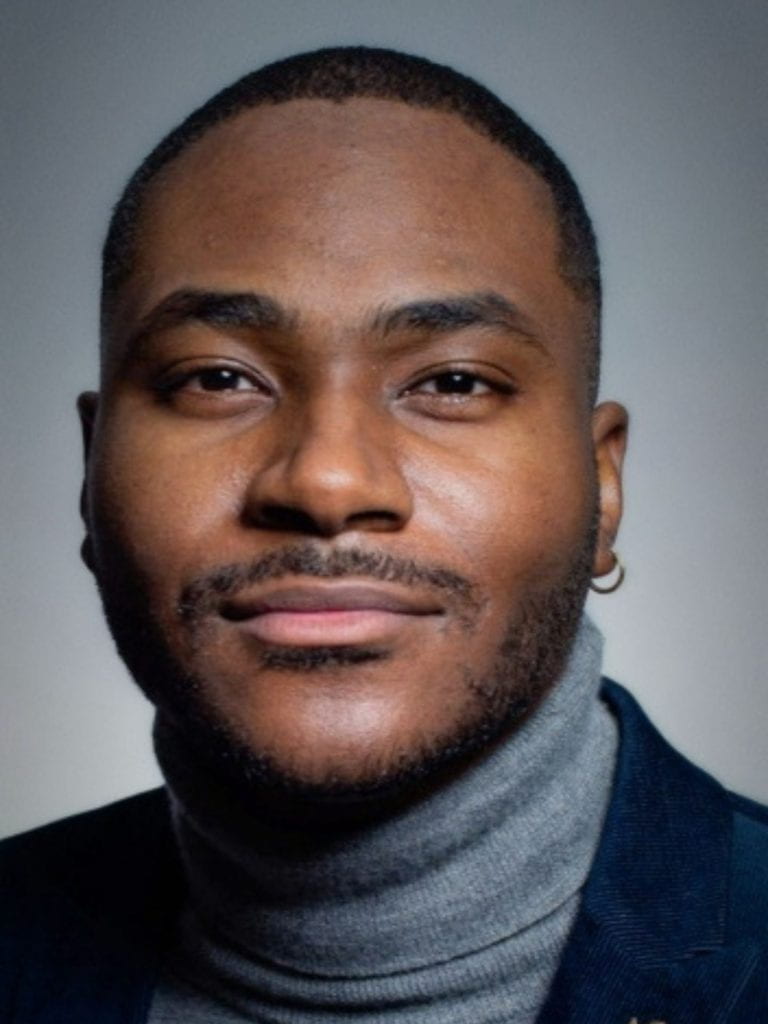
Assistant Professor of Surgery
Benjamin-Carver FIRST Scientist
Biography
Dr. Demario Overstreet is an Assistant Professor in the Division of Gastrointestinal Surgery at the University of Alabama at Birmingham. He obtained his bachelors and masters degrees at Alabama Agricultural and Mechanical University (AAMU), an Historically Black College and University in Huntsville, Alabama. He then attended the University of Alabama at Birmingham (UAB) where he conducted research under the mentorship of Dr. Burel Goodin, with a particular contribution to a project titled: Examining Racial and Socioeconomic Disparities (ERASED) in low back pain (R01MD010441-02, NIH/NIMHD). Additionally, Dr. Overstreet is a graduate of UAB’s NIH AHRQ-funded HSR T32 pre-doctoral program (2018-2021). In 2021, Dr. Overstreet defended his doctoral dissertation title; An Investigation of Endogenous Pain Modulation and Inflammatory Biomarkers in Nonspecific Chronic Low Back Pain, earning his Ph.D. degree in Behavioral Neuroscience. Upon completion of his predoctoral studies, he completed a postdoctoral fellowship (2021-2023) at Harvard Medical School/Brigham and Women’s Hospital in the Department of Anesthesiology, perioperative and Pain Medicine. Dr. Overstreet has since joined us as faculty in GI Surgery, Heersink School of Medicine as an assistant Professor (tenure track) and a 2023 recipient of the Benjamin-Carver Scientist Award via the UAB-Tuskegee FIRST award. His research examines the biopsychosocial model of pain, investigating how these factors independently and interactively impact the experience of acute and chronic pain in patients following surgical procedures. Dr. Overstreet will also focus his efforts on identifying the mechanisms that contribute substantially to the disproportionate burden of pain in GI conditions (I.e. colorectal cancer and IBD) in various communities, and individuals living in poverty. Dr.Overstreet hopes to inspire other scholars of color to pursue a career in biomedical research in order to combat the medical affiliations that ail all of humankind, but especially those conditions that disproportionately burden specific communities. Aside from research, Dr. Overstreet enjoys mentoring junior trainees, reading literature, and writing poetry.
